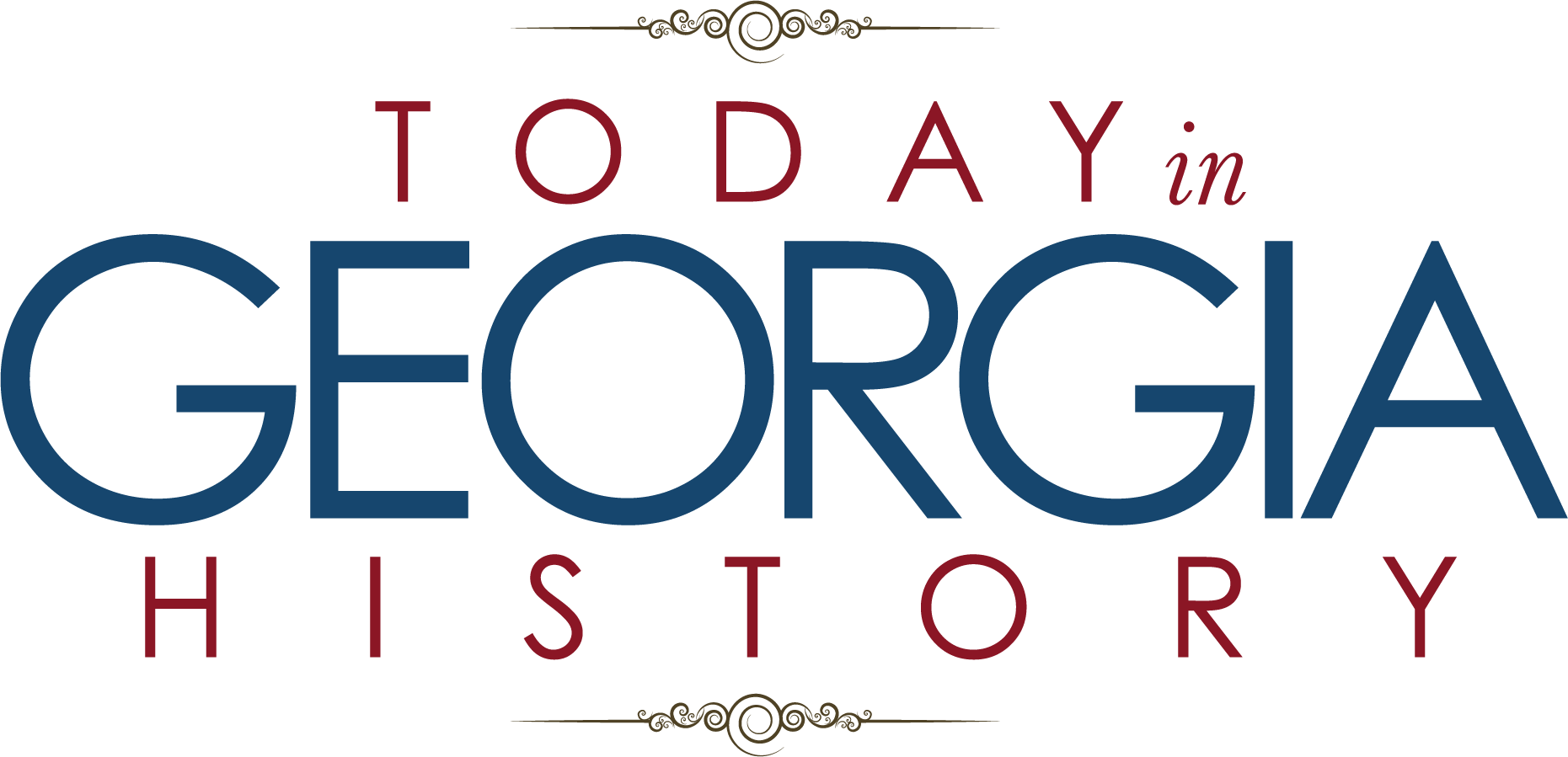Daily Activities – Robert Shaw
The daily activities created for each of the Today in Georgia History segments are designed to meet the Georgia Performance Standards for Reading Across the Curriculum, and Grade Eight: Georgia Studies. For each date, educators can choose from three optional activities differentiated for various levels of student ability. Each activity focuses on engaging the student in context specific vocabulary and improving the student’s ability to communicate about historical topics.
One suggestion is to use the Today in Georgia History video segments and daily activities as a “bell ringer” at the beginning of each class period. Using the same activity daily provides consistency and structure for the students and may help teachers utilize the first 15-20 minutes of class more effectively.
Optional Activities:
Level 1: Provide the students with the vocabulary list and have them use their textbook, a dictionary, or other teacher provided materials to define each term. After watching the video have the students write a complete sentence for each of the vocabulary terms. Student created sentences should reflect the meaning of the word based on the context of the video segment. Have students share a sampling of sentences as a way to check for understanding.
Level 2: Provide the students with the vocabulary list for that day’s segment before watching the video and have them guess the meaning of each word based on their previous knowledge. The teacher may choose to let the students work alone or in groups. After watching the video, have the students revise their definitions to better reflect the meaning of the words based on the context of the video. As a final step, have the students compare and contrast their definitions to their textbook, dictionary or other teacher provided materials definitions.
Level 3: Provide the students with the vocabulary list and have them use their textbook, a dictionary, or other teacher provided materials to define each term. After watching the video, have the students write a five sentence paragraph based on the provided writing prompts.
Vocabulary/Writing Prompts:
Privilege Necessity Orchestra Choral Innovator Singlehandedly Collegiate Chorale Foremost Repertoire Renaissance
Writing Prompts
1. 2. 3.
How important is good leadership to an organization? In a five-sentence paragraph explain how Robert Shaw’s leadership positively impacted the orchestras he took over. In a five-sentence paragraph explain what you think Robert Shaw meant when he said “The arts are not the privilege of the few, but the necessity of us all.” Do you agree? How do people like Robert Shaw gain success? In a five-sentence paragraph use evidence from the video segment to try and explain how Robert Shaw gained his success.
Related Georgia Performance Standards:
Reading Across the Curriculum (Grades 6-12)
SSRC1 Students will enhance reading in all curriculum areas by:
c. Building vocabulary knowledge • Demonstrate an understanding of contextual vocabulary in various subjects. • Use content vocabulary in writing and speaking.
• Explore understanding of new words found in subject area texts. d. Establishing context
• Explore life experiences related to subject area content. • Discuss in both writing and speaking how certain words are subject area related. • Determine strategies for finding content and contextual meaning for unknown words.
Grade (6-8) – Music Appreciation
D. Cultural and Historical Context
MMSMA.8 – Understanding relationships between music, the other arts, and disciplines outside the arts a. Describe ways in which other disciplines taught in the school are interrelated with those of music. b. Identify and describe common terminology used in music and another fine art. c. Discover and research persons who have achieved professional or commercial success in more than one fine art discipline. MMSMA.9 – Understanding music in relation to history and culture a. Identify and explain a particular music example’s historical and cultural significance. b. Compare and evaluate the roles of musicians throughout history. c. Recognize music’s role in today’s culture.



